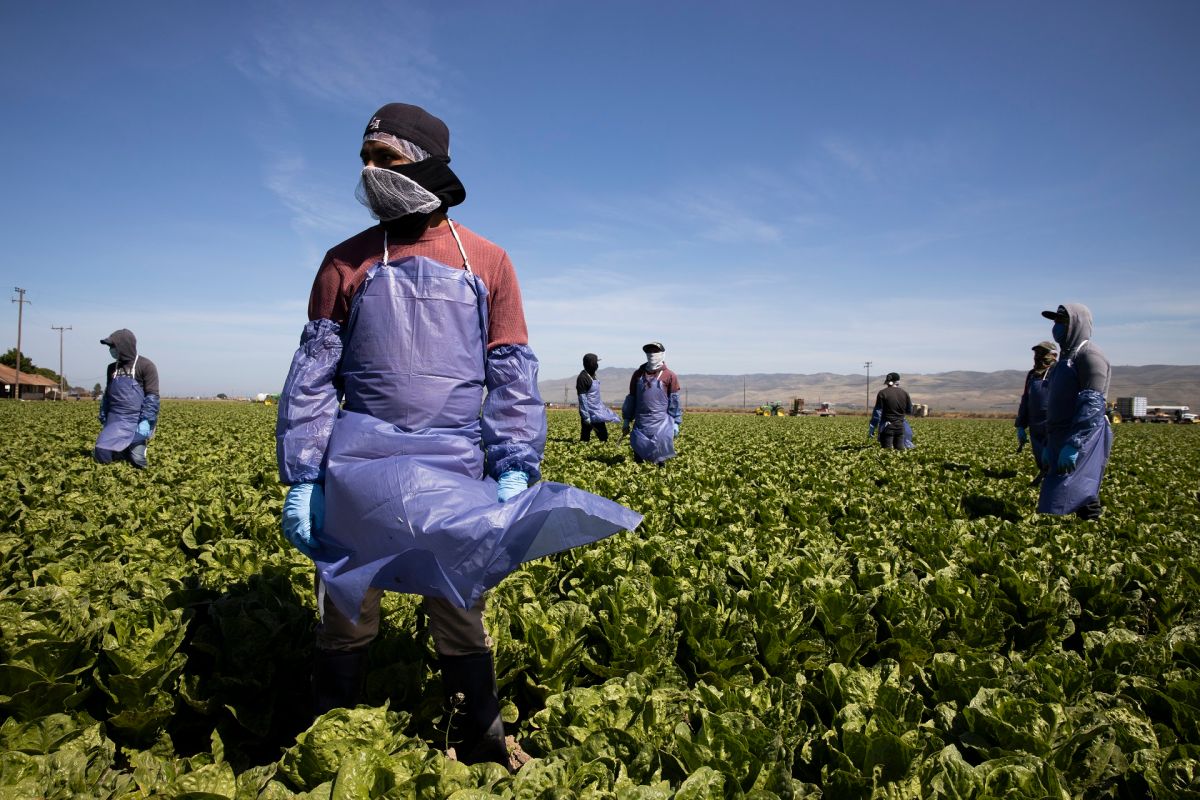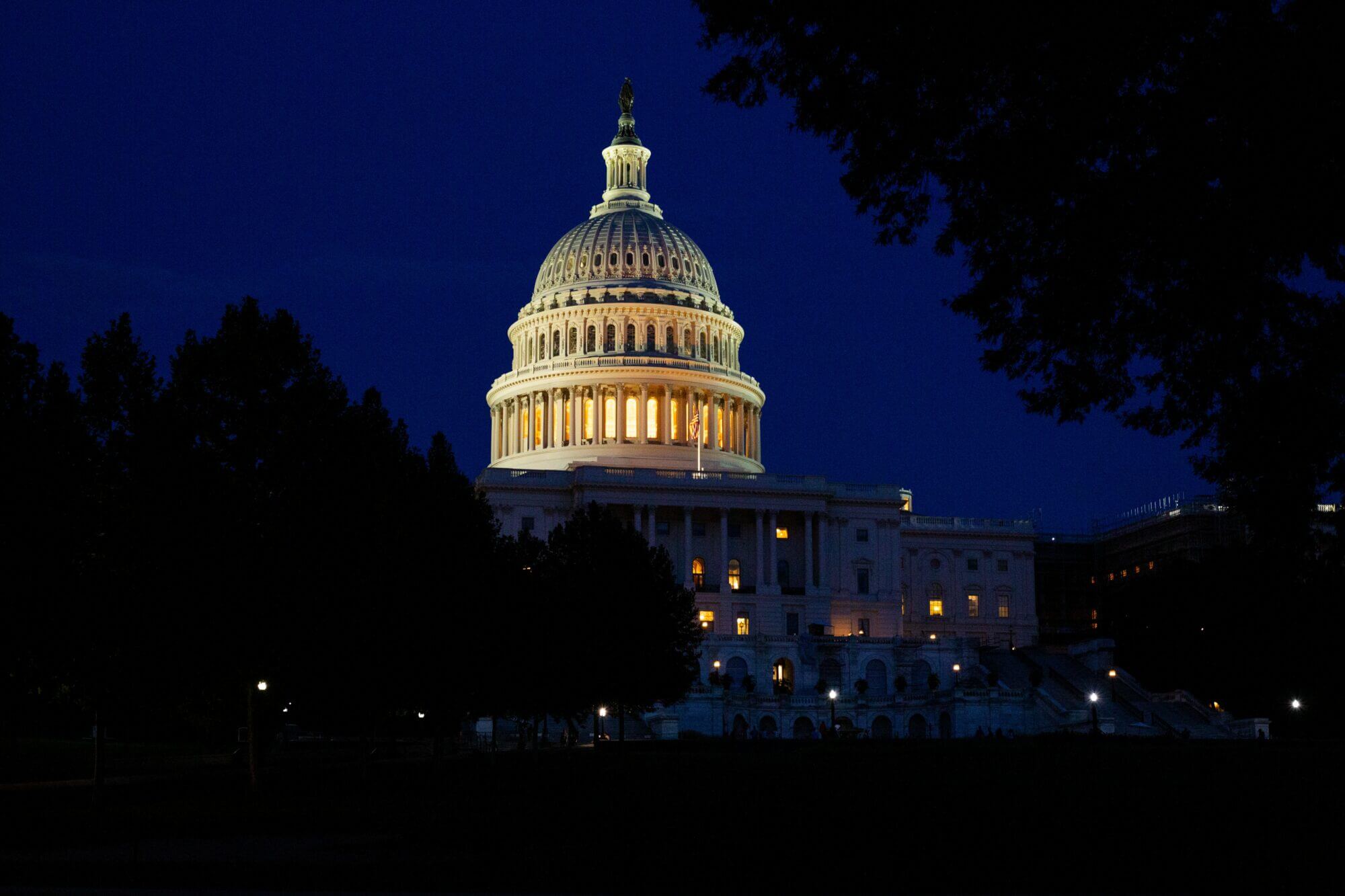Global Shifts: Understanding Modern Migratory Reform
In an increasingly interconnected world, the concept of "migratory reform" has emerged as a critical topic, shaping national policies and impacting millions of lives. From the bustling streets of Buenos Aires to the historic avenues of Madrid, governments are actively re-evaluating and overhauling their immigration frameworks. These sweeping changes, often driven by diverse socio-economic and political factors, aim to redefine who can enter, reside, and thrive within a country's borders. Understanding the latest information on immigration, including TPS, DACA, asylum, and all news related to migratory reform, is more crucial than ever for citizens, policymakers, and migrants alike.
The recent wave of migratory reforms across various nations underscores a global trend towards recalibrating the balance between national sovereignty, economic needs, and humanitarian responsibilities. Whether it's about tightening residency criteria, streamlining protection pathways, or addressing the needs of undocumented residents, these reforms reflect complex challenges and ambitious goals. This article delves into the nuances of recent migratory reform initiatives, exploring their core tenets, their intended and unintended consequences, and what they signify for the future of global migration.
Table of Contents
- The Shifting Landscape of Migratory Reform
- Argentina's Bold New Stance on Immigration
- Spain's Progressive Approach to Migratory Reform
- Common Threads and Divergent Paths in Migratory Reform
- Impact on Vulnerable Populations: Dreamers and TPS Holders
- The Broader Implications of Migratory Policy Changes
- Navigating the Future of Migratory Reform
- Staying Informed on Migratory Reform
The Shifting Landscape of Migratory Reform
The world's approach to migration is in constant flux, influenced by geopolitical events, economic pressures, and evolving societal values. Recently, "últimas noticias sobre reforma migratoria" have highlighted significant legislative and policy changes in various countries, signaling a new era in immigration governance. These reforms are not merely administrative tweaks; they often represent fundamental shifts in national identity and economic strategy. From humanitarian considerations to national security concerns, the motivations behind these changes are as varied as the nations implementing them. Understanding these dynamics requires a deep dive into specific examples, recognizing that each country's migratory reform is a product of its unique circumstances. However, common themes often emerge, such as the desire to control borders more effectively, to attract specific types of labor, or to address the status of long-term undocumented residents. The ongoing discourse around "reforma migratoria" reflects a global struggle to balance competing interests while upholding human dignity.Argentina's Bold New Stance on Immigration
Argentina, under the ultraconservative government of Javier Milei, has recently implemented a significant migratory reform, marking a decisive shift in its immigration policy. On May 29, 2025, the government officially formalized this reform through Decree 366/2025, published in the official gazette. This move signifies a profound change to the country's existing migratory regime, primarily governed by Law No. 25.871. The announcement was made by presidential spokesperson Manuel Adorni, alongside Security Minister Patricia Bullrich, outlining a new scheme designed to limit immigration. The decree introduces "severe restrictions" and aims to harden criteria for foreign residency while facilitating deportation processes for those convicted of crimes. This represents a stark departure from Argentina's historically more open immigration policies. The changes affect the entry and permanence of foreigners in Argentina, including stricter entry requirements, modifications to access higher education, and the imposition of health insurance requirements for temporary residents. This "reforma migratoria" reflects a broader ideological shift within the current administration, prioritizing national control and perceived security over previous approaches.Key Provisions of Decree 366/2025
The content of Decree 366/2025 details several principal changes across various systems. One of the most significant modifications impacts Article 6 of the existing law. While the original law stated that "the state in all its jurisdictions will ensure equal access for immigrants to the same conditions of protection, shelter, and rights enjoyed by nationals, in accordance with corresponding rights and obligations," the new decree redefines this. The current reform aims to tighten these provisions, ensuring that access to public services like healthcare is no longer free for non-resident foreigners. Manuel Adorni confirmed this, explaining that the reform includes the elimination of free medical attention in public hospitals for non-resident foreigners. Furthermore, the decree redefines categories and conditions of residency, introducing new migratory categories. It specifically defines three types of residency: Permanent Resident, Temporary Resident, and Transitory Resident, also introducing an intermediate figure. These redefinitions are crucial as they dictate the rights and obligations of individuals based on their residency status, directly impacting their access to public services and their pathway to citizenship. The government's decision to modify requirements for obtaining Argentine citizenship also falls under this comprehensive migratory reform.Historical Context and Legal Challenges in Argentina
This is not Argentina's first attempt at a significant migratory reform through executive decree. The federal justice system had previously declared the migratory reform implemented by Mauricio Macri's government (Cambiemos) in 2017 unconstitutional. That reform, also enacted by a DNU (Decree of Necessity and Urgency), was later repealed by Alberto Fernández's administration due to bypassing congressional intervention, among other issues. This historical precedent raises questions about the long-term legal standing of Milei's current decree, especially given its similar implementation method. The legal challenges highlight a recurring tension between executive power and legislative oversight in matters of national policy, particularly concerning fundamental rights. While the current government argues that the existing migratory law already contemplates some of the points mentioned by Adorni, the method of implementation via DNU could face similar constitutional scrutiny. The "políticas migratorias de Argentina" have thus become a battleground for legal and political ideologies, with the judiciary often playing a crucial role in shaping their ultimate trajectory.Spain's Progressive Approach to Migratory Reform
In contrast to Argentina's more restrictive approach, Spain has embarked on what is described as one of the most ambitious and socially progressive migratory reforms in recent years. The Spanish migratory reform of 2025 is designed to address the needs of workers, students, families, and undocumented residents with a level of flexibility and equity that sets a new standard. This reform seeks to create a more inclusive framework, recognizing the diverse contributions of migrants to Spanish society and economy. This progressive stance reflects a different philosophy, one that emphasizes integration and regularization pathways rather than solely focusing on enforcement. It aims to provide clarity and stability for various migrant groups, fostering a more predictable and humane immigration system. The Spanish model offers an interesting counterpoint to the more restrictive policies seen elsewhere, demonstrating that "reforma migratoria" can also be a tool for social advancement and economic integration.Common Threads and Divergent Paths in Migratory Reform
While Argentina and Spain represent distinct approaches to migratory reform, they both highlight the global significance of these policy shifts. Both nations are grappling with how to manage immigration in a way that serves national interests while addressing the realities of human mobility. The "cambios, requisitos y a quiénes afecta" (changes, requirements, and who they affect) are central to any reform, regardless of its ideological underpinning. What differs significantly is the emphasis: one on control and restriction, the other on flexibility and integration. However, both acknowledge the need for updated legal frameworks to govern migration effectively. The existing "ley migratoria vigente" often serves as a baseline, with reforms either strengthening or loosening its provisions. The debate around these reforms often revolves around fundamental questions of human rights, economic necessity, and national identity, making "reforma migratoria" a highly charged and complex issue worldwide.Impact on Vulnerable Populations: Dreamers and TPS Holders
The discussion of migratory reform frequently intersects with the fate of particularly vulnerable populations, such as Dreamers and individuals with Temporary Protected Status (TPS). In the United States, for instance, a key objective of proposed reforms is to create a simplified path of migratory protection for these groups, as stipulated in the DREAM Act and related legislation. This acknowledges the unique circumstances of individuals who have grown up in a country that is not their birthplace but is the only home they've ever known, or those who cannot safely return to their home countries due to conflict or disaster. The bipartisan migratory reform plan approved by the Senate in June 2013, though ultimately stalled, aimed to address these critical issues. It sought to combine border security with legal pathways for the regularization of undocumented immigrants. Senator Maria Elvira Salazar's "Dignity Act" is another example, seeking a bipartisan solution to the U.S. migratory crisis by offering a comprehensive approach. These efforts underscore a humanitarian dimension to "reforma migratoria," recognizing the need to provide stability and opportunity for those in precarious legal situations. The challenge lies in finding common ground across political divides to enact meaningful and lasting change for these populations.The Broader Implications of Migratory Policy Changes
Migratory reform is never an isolated policy change; its effects ripple through various sectors of society, impacting economies, social structures, and international relations. When governments announce "modificaciones al régimen migratorio," they are, in essence, making profound statements about their vision for the nation's future.Economic and Social Repercussions
The economic impact of migratory reform can be substantial. For instance, Argentina's decision to eliminate free public health services for non-resident foreigners, as announced by Javier Milei's administration, has immediate fiscal implications but also raises concerns about public health outcomes and human rights. Similarly, changes in access to higher education for foreigners can affect a country's intellectual capital and future workforce. Policies that facilitate or restrict the entry of skilled workers or students directly influence economic growth and innovation. Socially, "reforma migratoria" can reshape demographics, cultural landscapes, and social cohesion. Policies that harden residency criteria or facilitate deportations can lead to increased social stratification and fear within immigrant communities. Conversely, reforms that offer pathways to regularization and integration can foster more inclusive societies, allowing migrants to contribute more fully to their new homes. The way a country presents its reform plan, as Vásquez noted, often reflects a "new style" of governance and public communication, shaping public perception and acceptance.The Role of Bipartisan Efforts
The complexity of migratory issues often necessitates bipartisan cooperation to achieve sustainable solutions. As seen in the U.S. context, where senators like Gallego seek to put forward solutions combining border reinforcement with reform proposals, finding common ground is paramount. A truly effective "reforma migratoria" often requires compromises from across the political spectrum to ensure long-term stability and broad public support. When the Senate approved a bipartisan migratory reform plan in June 2013, it demonstrated the potential for consensus on even the most controversial issues. However, the subsequent failure of such efforts also highlights the deep-seated political divisions that can derail comprehensive reform.Navigating the Future of Migratory Reform
The ongoing discussions and implementations of "reforma migratoria" globally signal a period of intense re-evaluation for national immigration policies. Whether it's through decrees like Argentina's 366/2025 or ambitious legislative changes like Spain's 2025 reform, governments are actively shaping the future of human mobility. These reforms are not static; they are subject to legal challenges, public debate, and evolving societal needs. The "principales cambios" introduced by these decrees and laws will continue to be analyzed for their effectiveness, fairness, and long-term consequences. As countries navigate economic shifts, demographic changes, and humanitarian crises, the pressure to adapt and refine immigration policies will only grow. The goal for many is to strike a balance between securing national borders, meeting labor demands, and upholding human rights. This delicate balance requires robust legal frameworks, transparent processes, and a willingness to adapt to unforeseen circumstances. The path forward for "reforma migratoria" will undoubtedly be complex, but it is a path that every nation must tread.Staying Informed on Migratory Reform
Given the dynamic nature and profound impact of migratory reform, staying informed is paramount. "Conoce la última información sobre inmigración, tps, daca, asilo y todas las noticias relacionadas reforma migratoria" is not just a suggestion but a necessity for anyone affected by or interested in these policies. Official government announcements, legal analyses, and reputable news sources are vital for understanding the nuances of these changes. Whether you are a migrant, a family member, an advocate, or simply a concerned citizen, understanding the "cuáles son los principales puntos del decreto y qué cambia" in your region or a region of interest is crucial. The policies being implemented today will shape societies for decades to come, affecting everything from economic growth to social cohesion. Engaging with this topic means acknowledging its complexity and its direct impact on human lives, making informed discourse and active participation essential for a just and equitable future.The landscape of global migration is continuously evolving, driven by complex political, economic, and social forces. As we've explored, "migratory reform" is at the heart of this evolution, with countries like Argentina and Spain adopting vastly different, yet equally significant, approaches. From tightening residency requirements and redefining categories to establishing more flexible and equitable pathways for integration, these reforms carry profound implications for individuals and nations alike. The historical context of legal challenges, the specific provisions of new decrees, and the broader societal impacts all underscore the critical importance of these policy shifts.
Understanding the latest information on immigration, including the nuanced changes affecting TPS, DACA, and asylum, is more vital than ever. These reforms are not just abstract legal texts; they directly shape lives, families, and communities. As the world continues to grapple with the complexities of human mobility, the conversation around "reforma migratoria" will remain central. We encourage you to stay updated on these developments, engage in thoughtful discussions, and share this article to help others understand these critical changes. What are your thoughts on the recent migratory reforms? Share your perspective in the comments below.

Tema Reforma Migratoria - La Opinión

Reforma migratoria 2022: últimas noticias sobre el proyecto

La reforma migratoria fue rechazada por el Senado